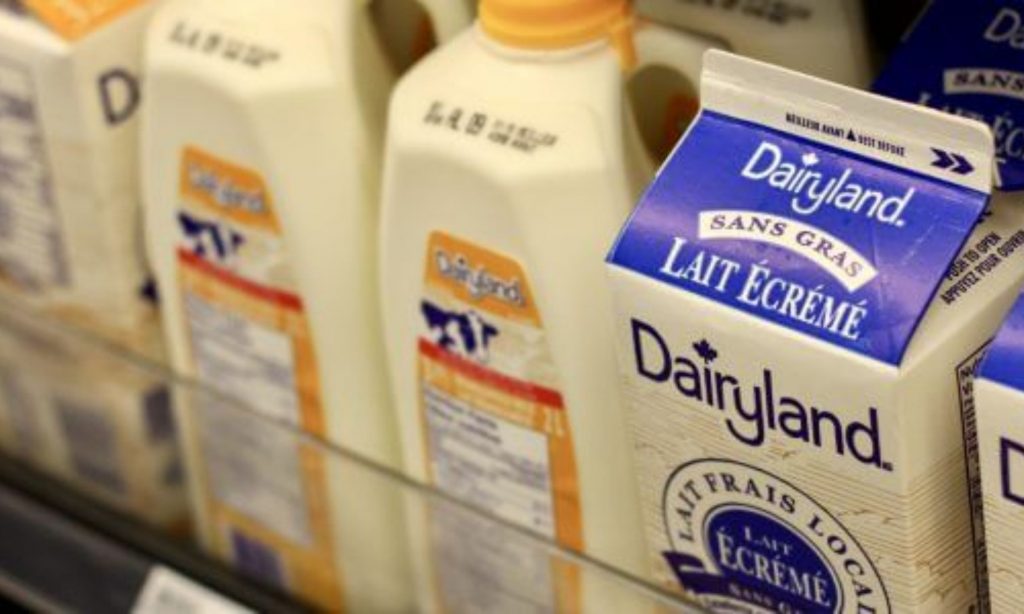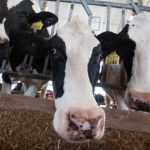
The dispute panel sided with New Zealand on two key issues in the decision, agreeing that Canada’s pooling system for allocating dairy tariff rate quotas (TRQs) is not consistent with its obligations in the Comprehensive and Progressive Agreement for Trans-Pacific Partnership (CPTPP), and that Canada was giving undue priority to domestic processors.
“Dairy Farmers of Canada is disappointed with the dispute panel’s ruling which found that two of the six elements challenged by New Zealand were inconsistent (with the CPTPP),” says DFC President and Manitoba dairy farmer David Wiens, in a statement. “Nonetheless, the panel found that four of New Zealand’s claims were unfounded.”

The panel sided with Canada on two technical complaints regarding Canada’s ability to set criteria for quota allocation, and decided it did not need to rule on additional complaints filed by New Zealand.
The Canadian dairy farmer organization is now asking the Canadian government to examine New Zealand’s dairy policies.
Wiens says they are calling on the federal government “to do a thorough review of the measures the government of New Zealand has put in place to support its dairy sector to ensure that they are consistent with its international trade obligations.”
Fonterra — a co-op owned by around 9,000 New Zealand dairy farmers — is the world’s largest dairy exporter, purchasing the majority of milk produced in the country.
Dairy accounts for 35 percent of New Zealand’s total merchandise exports and around 3.1 percent of the country’s GDP, according to the country’s Minister for Trade and Export Growth Damien O’Connor, who called the CPTPP decision a “a significant win for New Zealand and our exporters.”



















